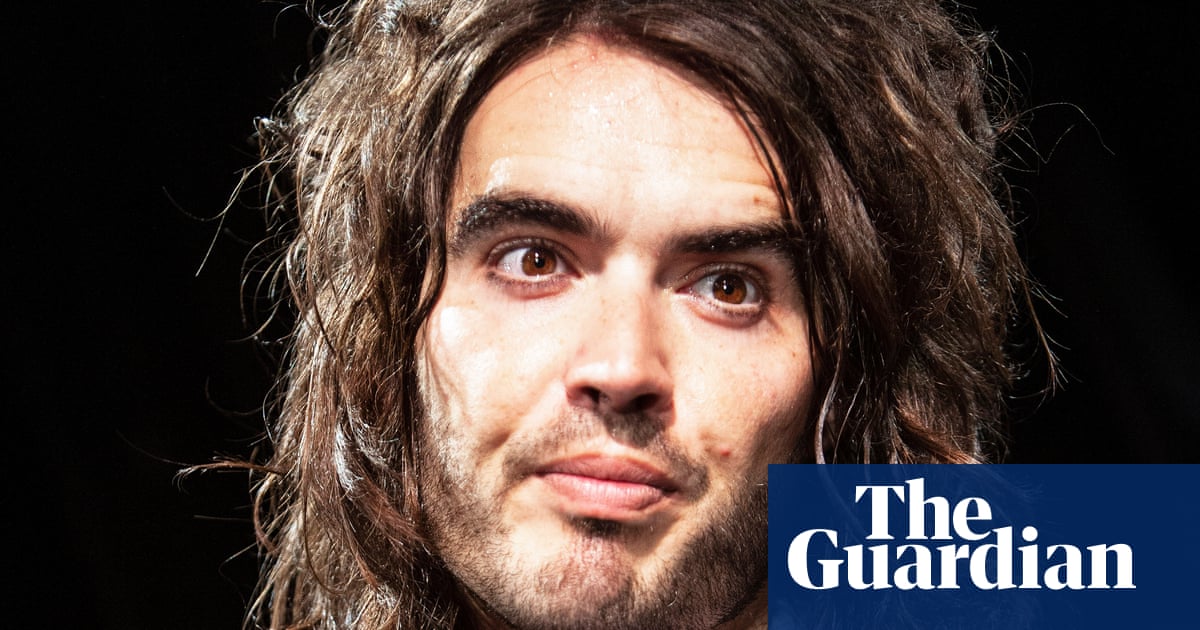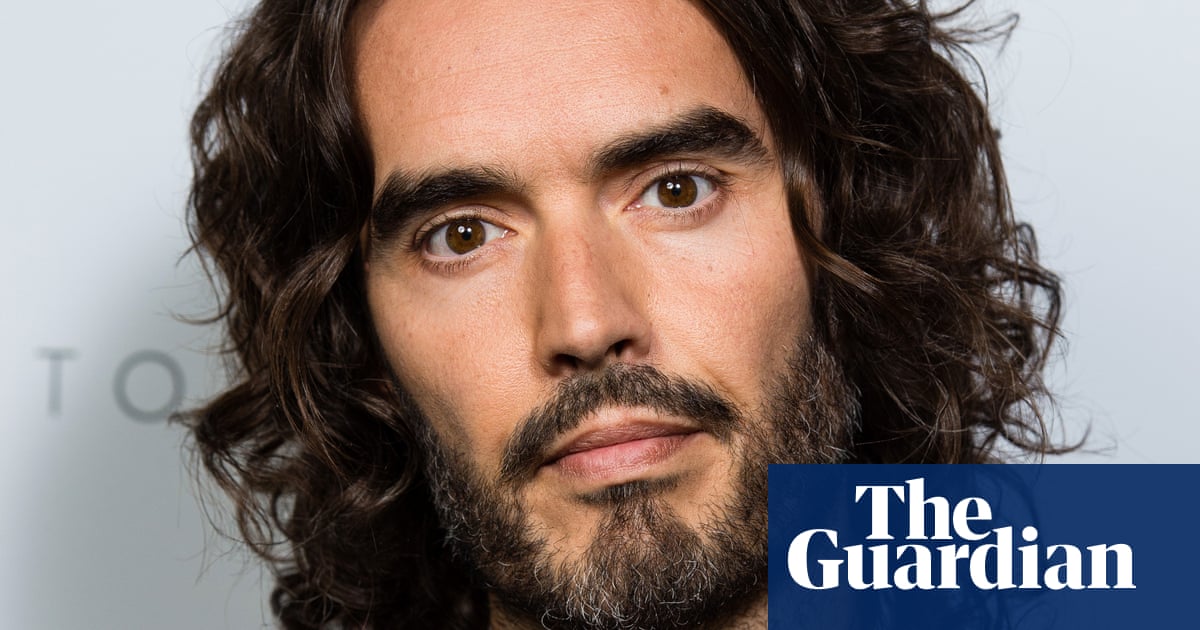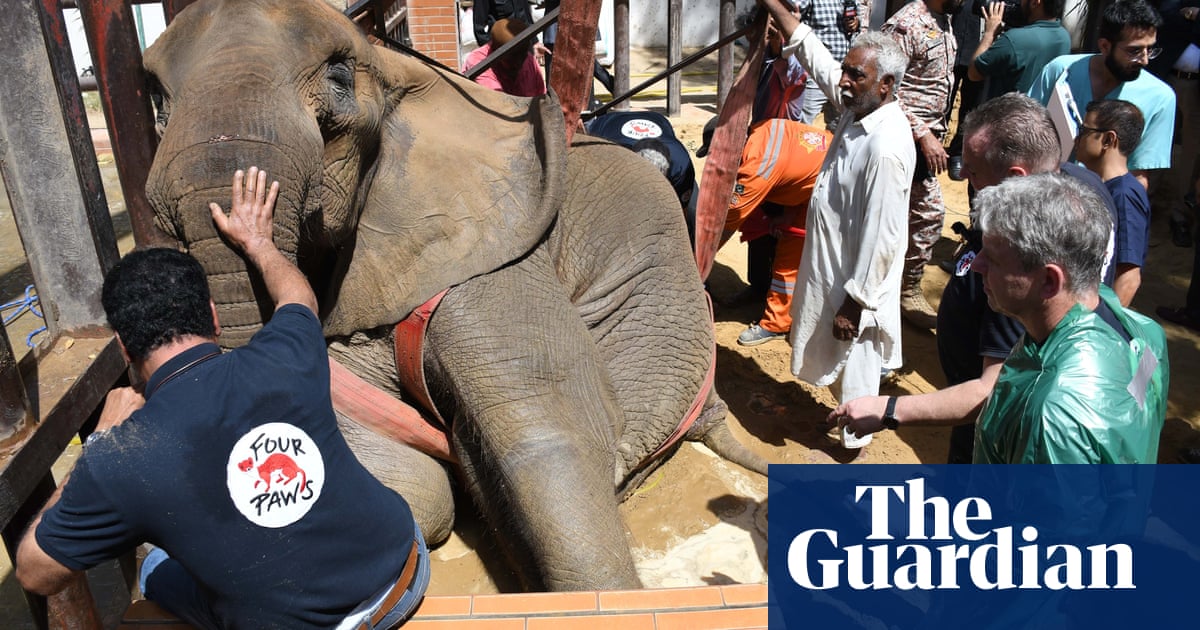
There are growing calls for the laws and social norms around the age of consent to be reassessed after allegations that Russell Brand sexually assaulted a 16-year-old when he was in his 30s.
The alleged victim, who told the Sunday Times that Brand had a three-month relationship with her which started in 2006, has called for a debate around staggered ages of consent.
Speaking on BBC Radio 4’s Woman’s Hour this week, the woman known by the alias Alice said it was time to “start to think about changing” the law and “staggered ages of consent”.
“There’s a reasonable argument [that] individuals between the ages of 16 and 18 can have relations with people within that same age bracket,” she said, adding that there should be a way to prevent older adults from exploiting 16- and 17-year-olds. “You’re allowed to make mistakes as a teenager, they should be with other people your own age.”
Her comments come after Brand was accused of rape, sexual assault and emotional abuse over a seven-year period at the height of his fame after an investigation by the Times, the Sunday Times and Channel 4 Dispatches. Brand denies all the allegations.
Alice alleged that on one occasion during the relationship, Brand, then 31, “forced his penis down her throat”, making her choke, and he only stopped when she punched him in the stomach.
“The current law is problematic because it is creating a space where people don’t think relationships between young, potentially vulnerable people and someone much older is unacceptable,” said Jayne Butler, CEO of Rape Crisis England and Wales. She said one potential area that could be explored was extending the current provision under the 2003 Sexual Offences Act, which makes it illegal to take part in sexual activity with someone under 18 if you are someone in a position of trust such as a teacher.
Butler said she recognised concerns about criminalising consensual sex between teens of a similar age, but added: “We need to explore what can be put in place to make it clearer what is or is not OK. But this not just about changing laws, it’s about changing attitudes.”
Helena Kennedy KC, one of the UK’s most renowned criminal lawyers and a Labour peer, said judges could be given a “public reminder” that they are obliged to take power imbalances, such as large disparities in age, into consideration when sentencing. “But of course for that you need a prosecution,” she said. “The truth is the criminal justice system does not deal well with allegations of sexual assault and rape and women still have problems being heard and being believed.”
Laura Bates, the founder of the Everyday Sexism Project and author of Men Who Hate Women, said a debate about the law was needed as she regularly encountered teenagers during school visits who “don’t realise that it’s possible to be raped by somebody who they consider to be their boyfriend”.
But any shift in the law would only be “a piece of the puzzle”, she added. “Our society doesn’t blink an eye about the predatory nature of much older men engaging in relationships with much younger women,” she said. “We can’t just keep saying ‘things have changed’. At some point we have to realise that nothing has changed; that this is still completely socially acceptable.”
Deniz Uğur, the deputy director of the End Violence Against Women Coalition, said that sex and relationships education in schools was critical. “We urgently need to see investment in and prioritisation of this vital education, which can help us shift harmful attitudes and norms across society,” she said.












